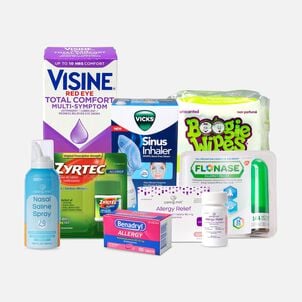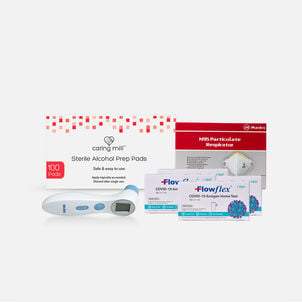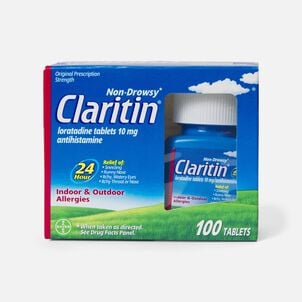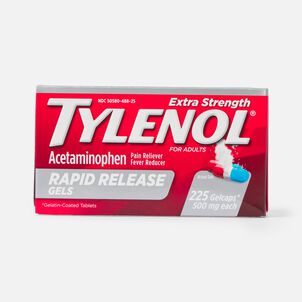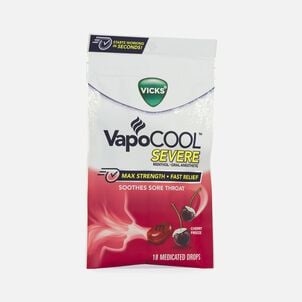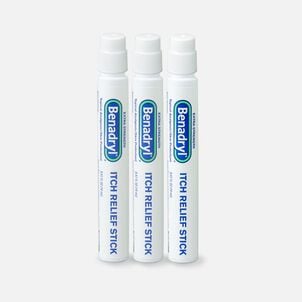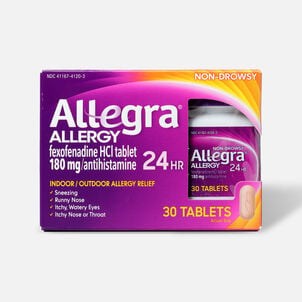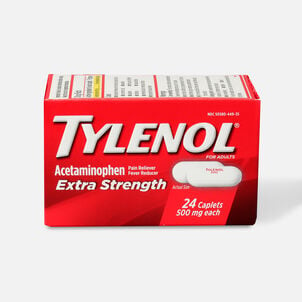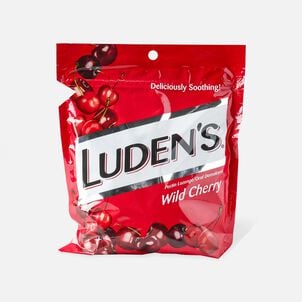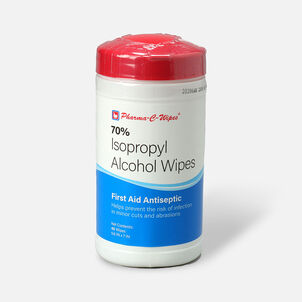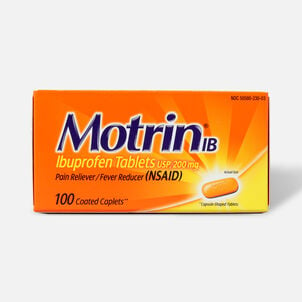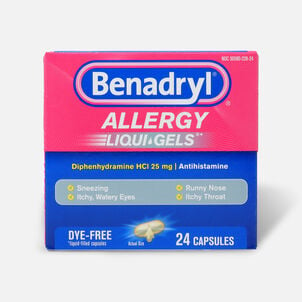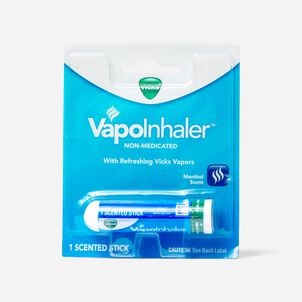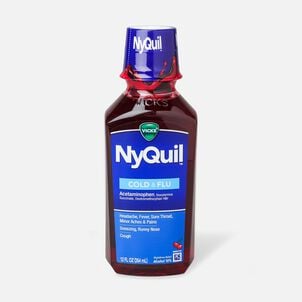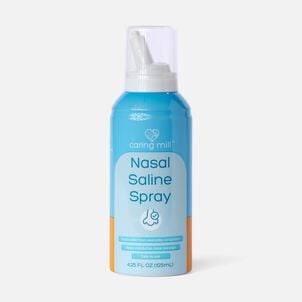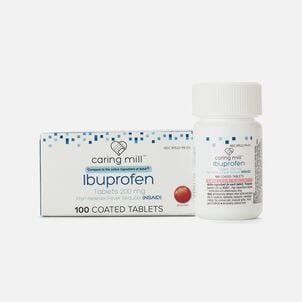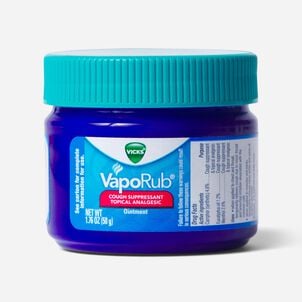The Complete FSA Eligibility List
Here it is — the most-comprehensive eligibility list available on the web. From A to Z, items and services deemed eligible for tax-free spending with your Flexible Spending Account (FSA), Health Savings Account (HSA), Health Reimbursement Arrangement (HRA) and more will be here, complete with details and requirements. Important Reminder: FSAs, HRAs and other account types listed may not all be the same. Be sure to check with your administrator to confirm if something is eligible before making a purchase.
Here it is — the most-comprehensive eligibility list available on the web. From A to Z, items and services deemed eligible for tax-free spending with your Flexible Spending Account (FSA), Health Savings Account (HSA), Health Reimbursement Arrangement (HRA) and more will be here, complete with details and requirements. Important Reminder: FSAs, HRAs and other account types listed may not all be the same. Be sure to check with your administrator to confirm if something is eligible before making a purchase.
Allergy Products and Treatment: FSA Eligibility
Allergy Products and Treatment: requires a Letter of Medical Necessity (LMN) to be eligible with a Flexible Spending Account (FSA)FSA Eligible Allergy Medicine
What are allergies?
Allergies are a direct immune response after allergens enter or come into contact with the body and produce an allergic reaction. These allergic responses are caused by the body's natural ability to produce antibodies, which typically ward off foreign invaders and fight infections in the body. However, when an allergen (such as dust, pollen or pet dander) is introduced to the immune system, antibodies will recognize this as a potential threat (when it is actually harmless), and will trigger an immune system response that can manifest itself as sinus, digestive system, skin or respiratory issues (Mayo Clinic).
How do non-drug allergy products help?
There are non-drug allergy products on the market, including natural remedies, hypoallergenic home furnishings, HEPA air purifying systems and more, which are specially designed to improve allergy sufferers' quality of life and control their symptoms.
For allergy products and treatments to be eligible for reimbursement, they must be for diagnosis, cure, mitigation or treatment of a disease and must not be purchased but for that primary purpose. To show that the expense is primarily for medical care, a LMN from a physician recommending the item to treat a specific medical condition is normally required. This letter must outline how the allergy products and treatments will be used to alleviate the issue and how long the treatment will last. For any specific medically adapted item, generally only the excess cost over the cost on an equivalent non-medically adapted item will be eligible.


